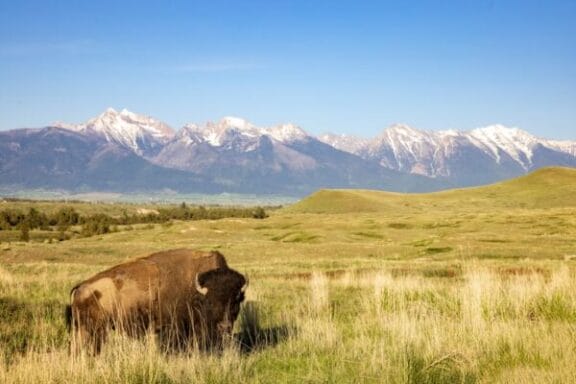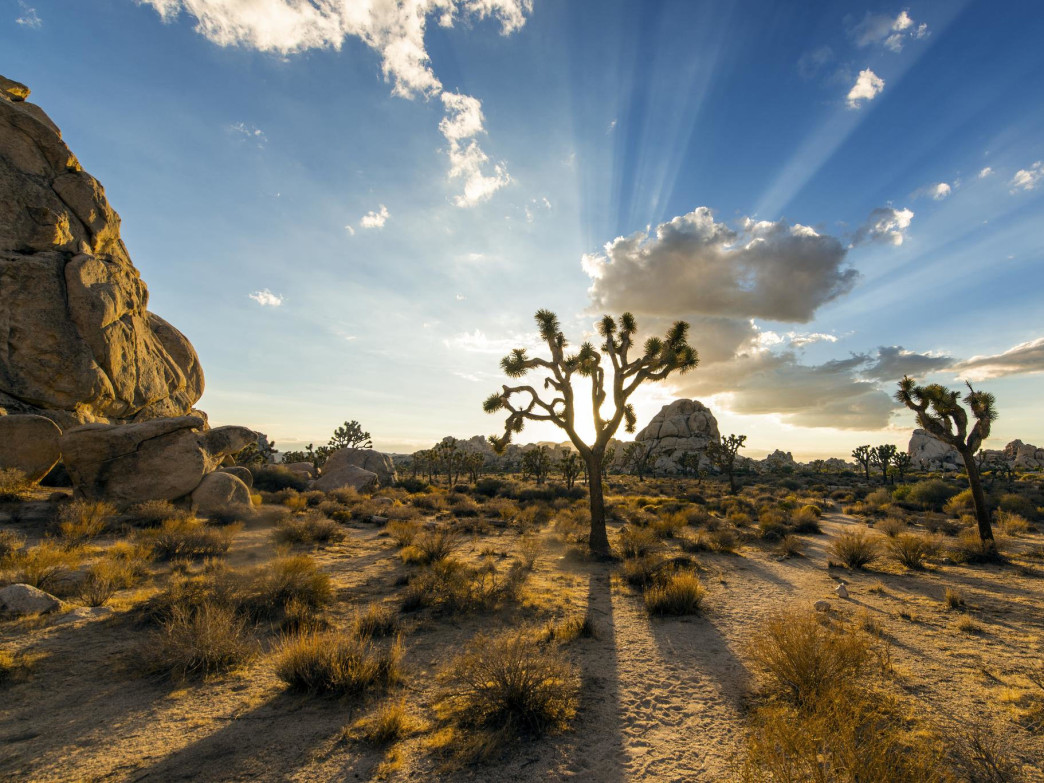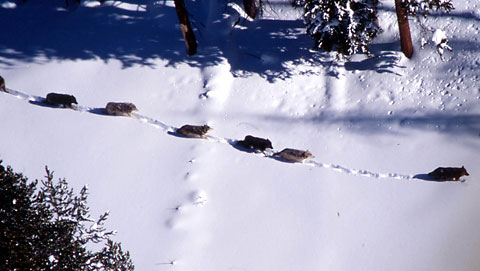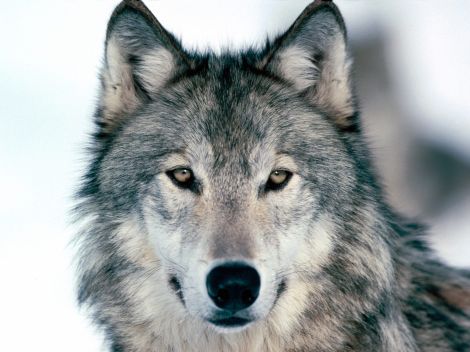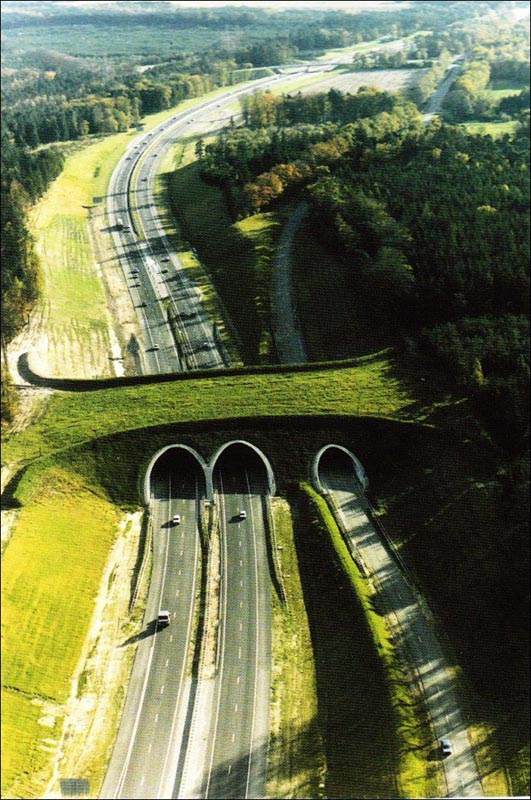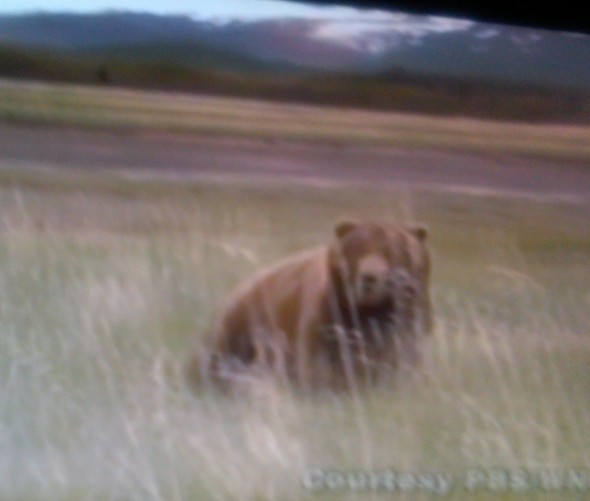Whisper Camel-Means shares her expertise on the pressing need to protect US wildlife ecosystems, now imperiled at an alarming rate. She offers an Indigenous perspective on the human-induced threats to our living relatives, from habitat loss to climate change.
Tag: wildlife management
Preserving the Wild in the Anthropocene Era – EcoJustice Radio
Hear from David Lamfrom, Director of California Desert and National Wildlife programs at the National Parks Conservation Association, who discusses with EcoJustice Radio the particular challenges of protecting and preserving our national parks in the Anthropocene era, including this current stage of global industrialization.
Jay Mallonee on Roaming with the Wolf Pack
Politics, not sound wolf scientific research, has influenced the US Fish and Wildlife Service’s efforts toward removing gray wolves across the country from the protection of the Endangered Species Act. Jay Mallonee, researcher from Wolf & Wildlife Studies, has found that left alone, wolves regulate their own populations with highly sophisticated social interactions within the pack. Unfortunately, the hunting and ranching lobbies don’t support the theory we should learn to live with top predators as a necessity for ecosystem health.
Wolves Forsaken By Wildlife Agencies, Hunters and Ranchers
President Obama’s Department of the Interior announced the national delisting of all wolves except the Mexican wolf. Prominent conservationists argue this is wrong-headed because (1) the wolf isn’t really recovered, and (2) Existing state management is so bad that the “recovered” population will soon decline to nothing but a tiny token population.
Wildlife Crossings: Animals Survive with Bridges and Tunnels
Providing crossing infrastructure at key points along transportation corridors is known to improve safety, reconnect habitats and restore wildlife movement. Throughout Europe, Asia, Australia and North American, wildlife crossing structures have been implemented with demonstrable success.
George Wuerthner: Habitat Conservation, Not Hunting, Saves Grizzly Bears
Wildlife Agencies advocate hunting helps grizzly recovery. The best available science, however, suggests predators including bears, wolves, mountain lion and coyotes have intricate social interactions that are disrupted or damaged by indiscriminate killing from hunters and trappers. Habitat protection is the main way to protect the fledgling population of grizzly bears as well as avoid human-bear conflicts.

